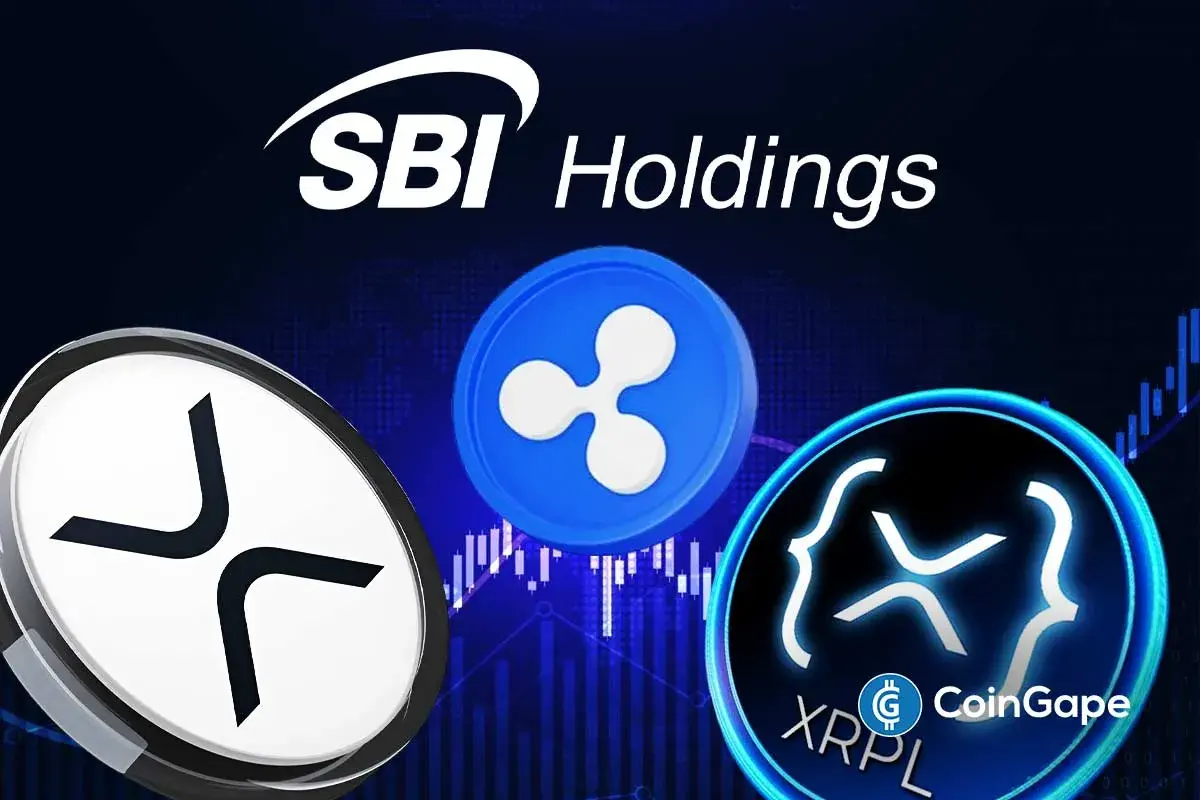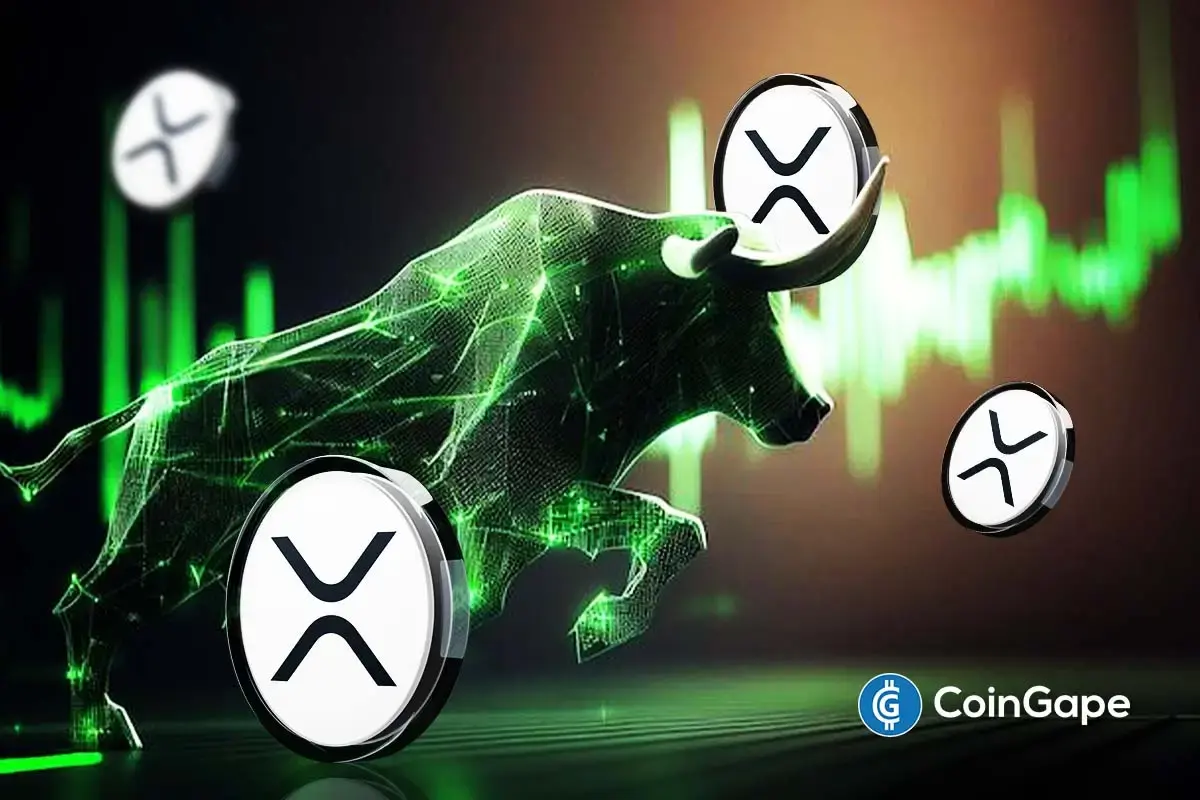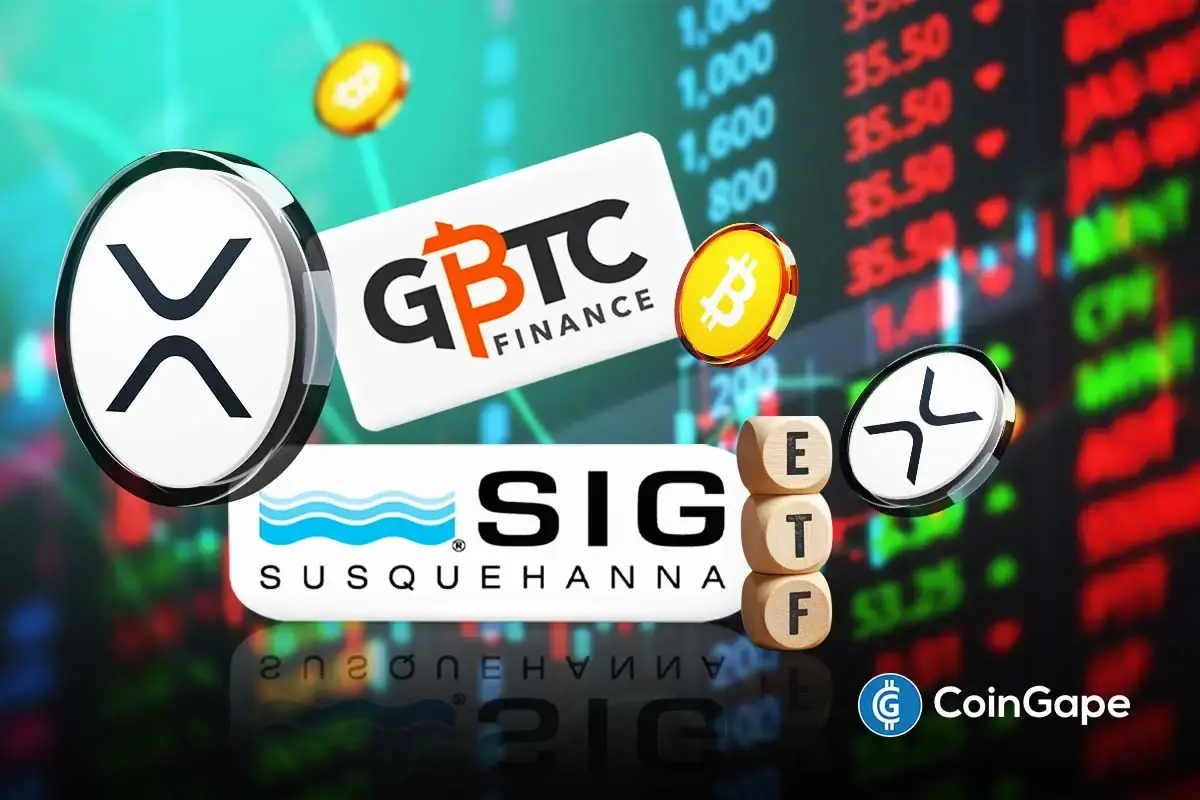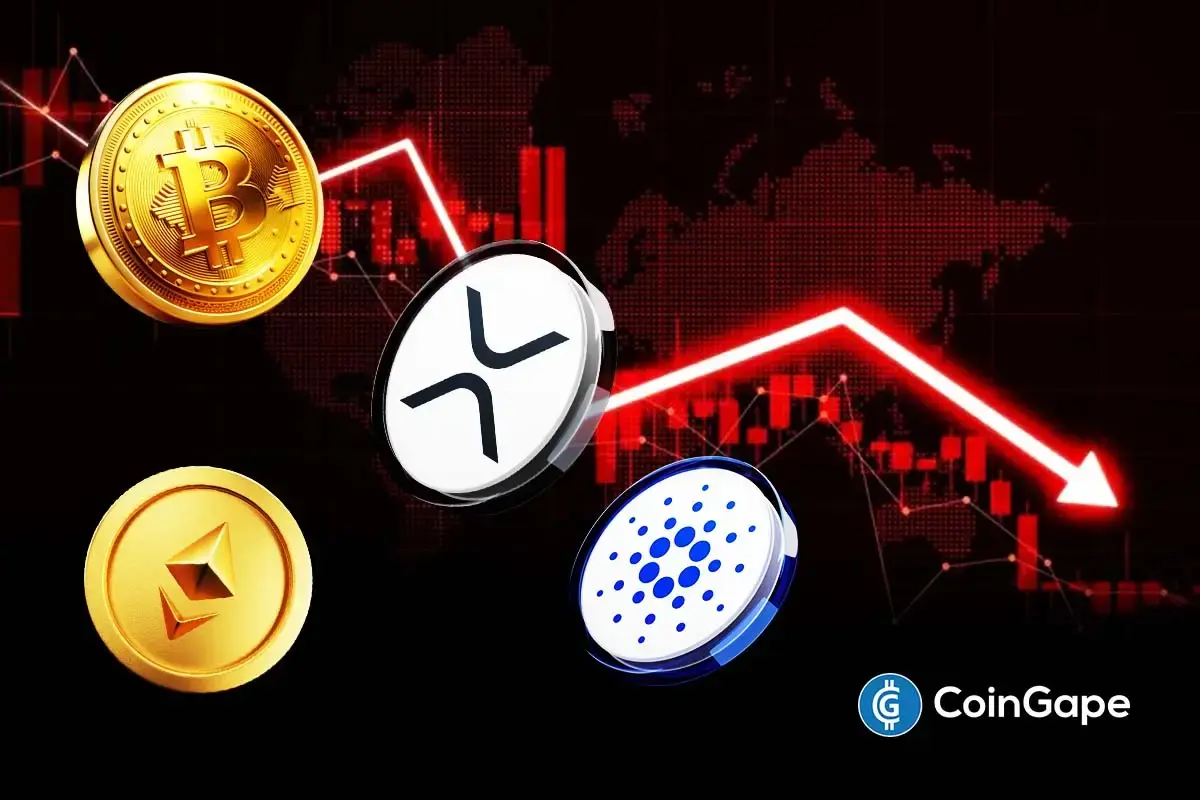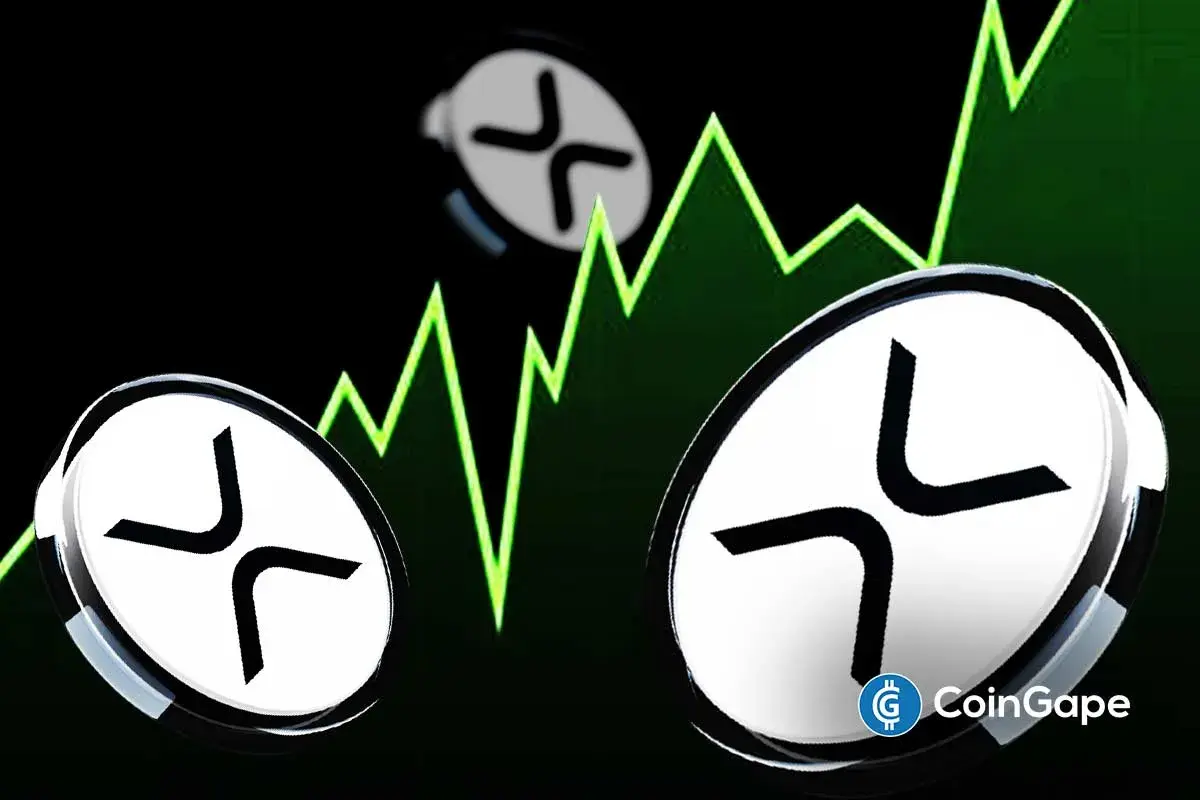Breaking: Ripple Files Opposition to SEC’s Interlocutory Appeal Attempt

Ripple Labs Inc., joined by its top executives Brad Garlinghouse and Christian A. Larsen, has staunchly opposed the Securities and Exchange Commission (SEC)’s efforts to certify an interlocutory appeal, as revealed by Eleanor Terrett, a Fox Business reported. This case could be instrumental in defining the regulatory contours of the U.S. cryptocurrency space, mainly focusing on classifying Ripple’s digital asset, XRP, as an investment contract or otherwise.
🚨NEW: @Ripple files opposition to the @SECGov’s motion to certify interlocutory appeal. 👇🏼https://t.co/uKg4RBCnHC
— Eleanor Terrett (@EleanorTerrett) September 1, 2023
Read More: XRP Price Prediction Begins Bullish Action, Path To $1 Clear?
Understanding Ripple’s Opposition
In pushing for an interlocutory appeal, US SEC predicates its move on the assertion that the Ripple case raises legal questions that have ramifications for the entire digital asset spectrum. Ripple’s rebuttal is multi-pronged;
They argue that the current court decision doesn’t raise a predominant “controlling question of law” that would warrant an interlocutory appeal. Additionally, what the SEC perceives as a “substantial ground for disagreement” appears to Ripple as the SEC’s dissatisfaction with the Court’s interpretation of the Howey test applied to their case. Lastly, Ripple believes that regardless of the interlocutory appeal’s outcome, the litigation’s intricacies and protraction are inevitable.
Ripple has aligned with individual defendants in objecting to the SEC’s call for a stay, emphasizing that the SEC hasn’t substantiated its grounds for such an action.
US SEC’s Regulatory Jigsaw Puzzle
According to a Sept 1 filing, the SEC embarked on the enforcement action in December 2020, asserting that most of Ripple’s transactions related to XRP for eight years should be seen through the lens of investment contracts.
However, Ripple, along with Garlinghouse and Larsen, believes that the SEC’s pursuit of this case is emblematic of its strategy of selectively regulating the U.S. crypto industry. They underscore the central point of contention: whether the Howey test applies to Ripple’s distinct operational circumstances. From their vantage point, the SEC seems to be recalibrating its “litigation positions” based on its goals, which they argue deviates from genuine commitment to legal standards.
As Ripple takes on the SEC in this legal maelstrom, the implications of this battle will undoubtedly reverberate across the cryptocurrency industry. Clarity, or lack thereof, in regulations, could set the tone for how digital assets are perceived and traded in the future.
- Peter Schiff Casts Doubt on Bitcoin Rally Ahead of Trump’s SOTU Speech
- Putin Signs Law to Confiscate Bitcoin Amid Russia’s Crypto Crackdown, Pavel Durov Probe
- Michael Saylor’s Strategy Moves $83M in Bitcoin as $9B Paper Losses Raises Pressure
- Stripe Eyes PayPal Acquisition Amid Stablecoin Expansion
- Expert Predicts Deeper Bitcoin Decline as JPMorgan CEO Warns of Similarities to the 2008 Financial Crisis
- Cardano Price Signals Rebound as Whales Accumulate 819M ADA
- Sui Price Eyes Recovery as Third Spot SUI ETF Debuts on Nasdaq
- Pi Network Price Eyes a 30% Jump as Migrations Jumps to 16M
- Will Ethereum Price Dip to $1,500 as Vitalik Buterin Continues Selling ETH?
- XRP Price Outlook as Clarity Act Passage Odds Plunge to 53%
- COIN Stock Risks Crashing to $100 as Odds of US Striking Iran Jump

 Claim Card
Claim Card





